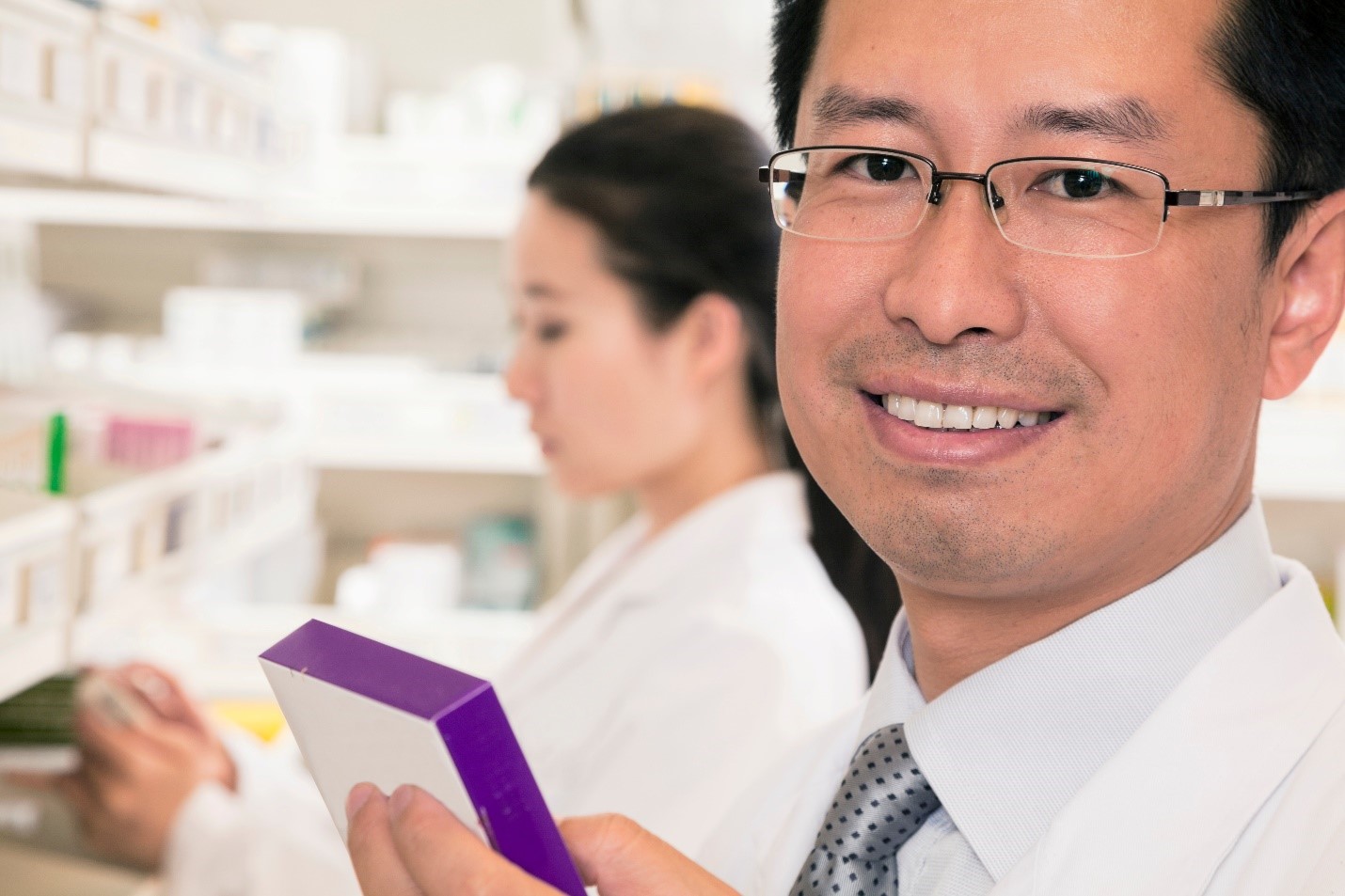Alice C. Chang, Ph.D., has extensive experience in teaching pharmacology and biochemistry using interactive teaching strategies, such as facilitating problem-based and case-specific learning. In the following article, Alice Chang discusses the power of problem-based learning in pharmacology education.
Pharmacology is a field of study that deals with the use and effects of drugs on living organisms. It is an essential area for healthcare professionals, as it helps them understand how drugs interact with the body, how they should be administered, and their potential side effects.
Traditionally, pharmacology education has followed a lecture-based approach wherein students are taught through didactic lectures, with limited opportunities for practical application. However, this traditional method has been criticized for being outdated and ineffective for preparing students to work in real-world scenarios.
In recent years, however, pharmacology education has taken a shift towards problem-based learning (PBL), which focuses on active learning through problem-solving and critical thinking. Alice C. Chang, Ph.D. indicates that this approach is revolutionizing the way pharmacology is taught and has proven to be more effective in preparing students for the rapidly evolving field of healthcare.
Alice C. Chang, Ph.D. Discusses the Drawbacks of Traditional Pharmacology Education
The lecture-based approach to pharmacology education has been the standard method for decades. In this format, students passively receive information by attending lectures and memorizing facts without fully developing an understanding of their practical application. This method does not foster critical thinking or problem-solving skills, which are crucial for healthcare professionals.
Moreover, Alice C. Chang, Ph.D. explains that the traditional approach is often based entirely on textbooks and outdated research, which can lead to a significant knowledge gap between what students learn in the classroom and modern best practices in the field. This can be particularly problematic in pharmacology, where new drugs and treatment methods are constantly being developed.
 The Benefits of Problem-Based Pharmacology
The Benefits of Problem-Based Pharmacology
Problem-based learning (PBL) is an active learning method that focuses on real-world scenarios and encourages students to think critically and apply their knowledge to solve problems. Alice C. Chang, Ph.D. notes that it involves presenting students with a problem or case study, then guiding them through the process of discovering potential solutions.
One of the main benefits of PBL in pharmacology education is that it promotes active learning. Instead of passively listening to lectures and simply memorizing, students are more actively engaged in the learning process. This enables them to retain information far more effectively while developing critical thinking skills that will be essential in their future careers.
Alice C. Chang, Ph.D. also explains that PBL encourages collaboration among students, allowing them to work together and learn from each other’s perspectives. In healthcare, teamwork is crucial, and PBL helps prepare students for this aspect of their future careers.
Furthermore, PBL is based on real-world scenarios, making it more relevant and applicable to the field of pharmacology. It helps students develop problem-solving skills that are essential in healthcare, where they will encounter diverse patient populations and complex medical cases.
Implementing PBL
Alice C. Chang, Ph.D. explains that the success of PBL in revolutionizing pharmacology education depends on its proper implementation and facilitation. Instructors need to create realistic problem scenarios that reflect realistic situations and provide appropriate resources for students to research and find their solutions.
Moreover, PBL requires active facilitation from instructors who guide students through the learning process. This includes asking open-ended questions, encouraging discussion and critical thinking, and providing in-depth feedback on student progress.
Success Stories
There are numerous success stories demonstrating the power of PBL in pharmacology education across the globe. For example, the University of Maastricht in the Netherlands has been using PBL in their pharmacology courses since the early 1980s, and they have reported notably improved student satisfaction and better academic performance compared to previous, traditional teaching methods.
Similarly, Alice C. Chang, Ph.D. notes that PBL students performed better in applied knowledge tests, indicating a deeper understanding of pharmacology. They were also able to retain information for longer periods and apply their knowledge more effectively in real-world situations.
In the UK, the University of Nottingham implemented PBL in their pharmacy courses and found that it significantly enhanced students’ ability to apply knowledge in practical settings. The students reported feeling better prepared for their future careers due to the problem-solving and critical thinking skills they developed through PBL.
Moreover, the students appreciated the active learning approach and found that it helped them understand and retain complex pharmacological concepts more effectively.
Alice C. Chang, Ph.D. indicates that these success stories underline the effectiveness of PBL in enhancing pharmacology education and preparing students for their future careers in healthcare.
Conclusion
In conclusion, the paradigm shift from the traditional lecture-based approach to Problem-Based Learning (PBL) is significantly transforming pharmacology education. PBL fosters active learning, encourages critical thinking, and cultivates problem-solving skills, preparing students more effectively for their future roles in healthcare.
The method aligns academic learning with real-world application, keeping pace with the rapid evolution in the field of modern pharmacology. The success stories from universities worldwide further underscore the benefits and potential of PBL. By effectively implementing and facilitating PBL, pharmacology education can bridge the gap between theoretical knowledge and practical application, thereby producing healthcare professionals who are well-equipped to adapt and excel in their respective fields.








